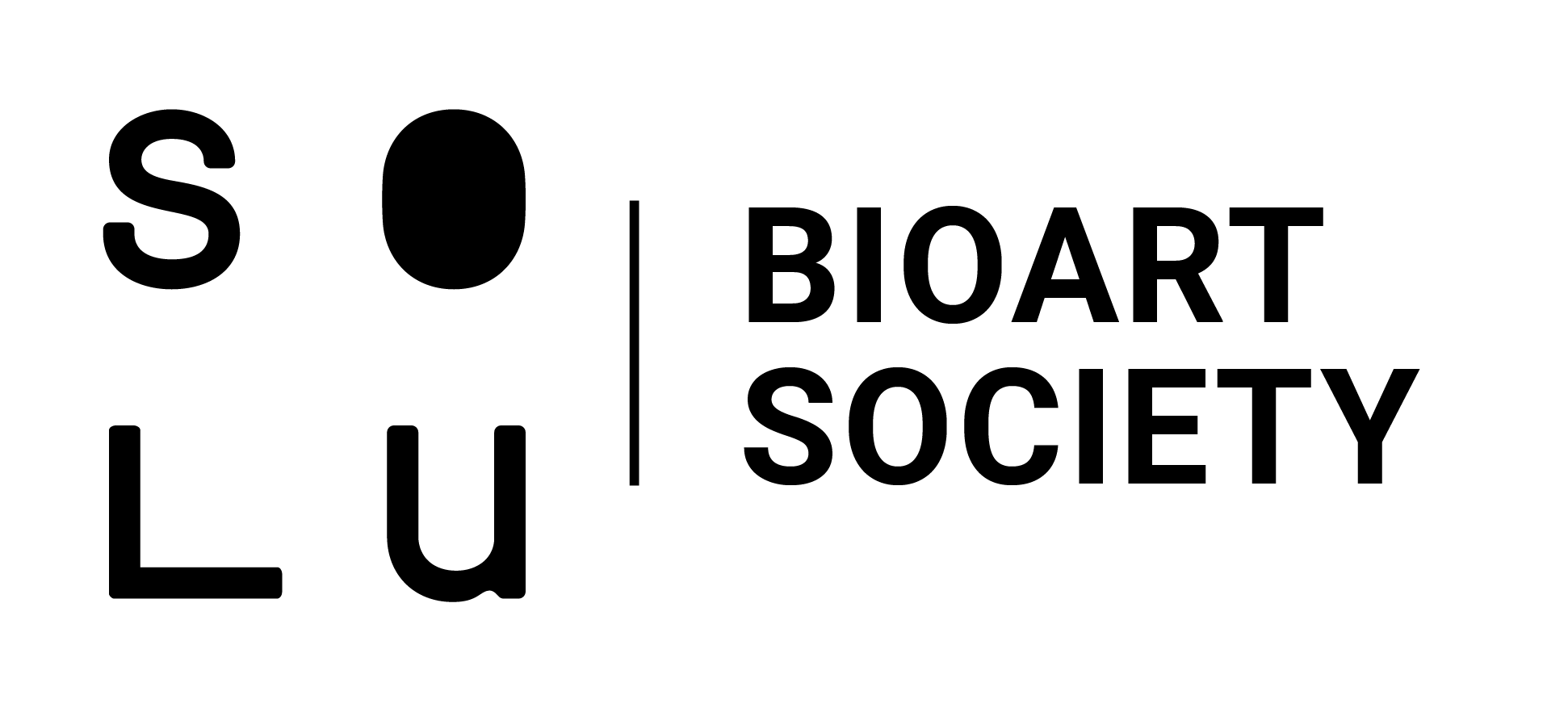Why a DIY workshop:
The Sottish/American Industrialist Andrew Carnegie once wrote, “My heart is in the work.” In a Gordian twist of the baron’s words, Andy Gracie led a score of conference participants in four separate DIY endeavours.
Project 1: DNA Transilluminator
Transilluminators are used in molecular biology labs to view DNA (or RNA) that has been separated by electrophoresis through an agarose gel, or to view bacterial strains natively fluorescing or modified with the GFP gene.

In this module of the workshop, participants built transilluminators using generic acrylic storage boxes, leds, scraps of acrylic sheeting, circuitboards and wires. This rig even switched between blue light and UV light transillumination.
Project 2: Laminar flow hood and Incubator

The former is used for maintaining a consistent, sterile airflow, from inside to outside of the box so that tissue culture plates may be prepared. The latter is used to keep plates at a consistent temperature.
FURTHER INSTRUCTIONS: http://hackteria.org/wiki/DIY_Incubator
Project 3: Microscope

USB webcams were hacked by removing the lens from the CCD chip on the circuit board, which were then reversed and pasted to the exterior of the camera housing. The camera was then attached to laser cut acrylic parts to build an inverted microscope that allowed for an adjustable stage and was tested using pre-stained plant cells.
FURTHER INSTRUCTIONS: http://hackteria.org/wiki/DIY_microscopy
Project 4: Electrophoresis chamber

Gel electrophoresis is a method for separation and analysis of DNA using a polarized gelatin. Using inexpensive plastic storage boxes, stainless nuts and bolts, and five nine-volt batteries connected in series, an electrophoresis rig was built.
FURTHER INSTRUCTIONS: http://teach.genetics.utah.edu/content/labs/build_gel_box.pdf

